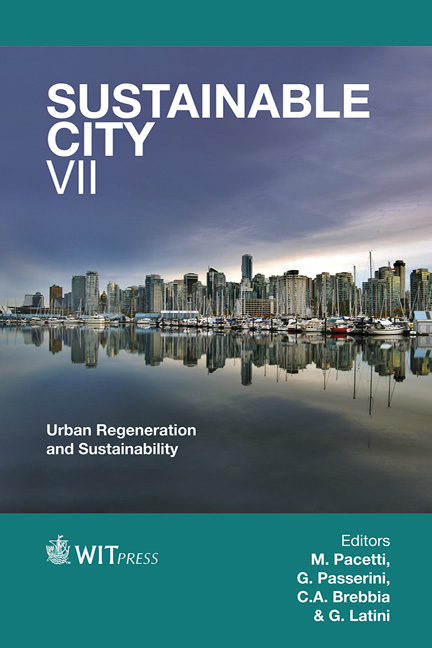Willamette Water 2100: River Basins As Complex Social-ecological Systems
Price
Free (open access)
Transaction
Volume
155
Pages
12
Page Range
575 - 586
Published
2012
Size
406 kb
Paper DOI
10.2495/SC120481
Copyright
WIT Press
Author(s)
M. Santelmann, J. McDonnell, J. Bolte, S. Chan, A. T. Morzillo & D. Hulse
Abstract
This paper describes a project to model river basins as complex social-ecological systems. We propose hypotheses about system resilience to water scarcity and climate change that can be examined with an agent-based modeling approach, and outline a methodology integrating hydrology, ecology, economics, engineering and stakeholder inputs to test these hypotheses using the Willamette River Basin (Oregon, USA) as an example system. The response of society to change is often overlooked in studies that focus primarily on the biophysical sciences to develop alternative future scenarios and predict system responses. If the interactions between society and the ecological system are poorly represented or left out of modeling approaches, this will compromise our understanding of feedbacks to the system, and the potential consequences of policy or management actions. Through Stakeholder Learning Action Networks we are gathering project-relevant knowledge in a co-learning environment on water use, management, policies and issues that impact stakeholders, and the types of project outputs desired by stakeholders. This information is useful for understanding the social- ecological system feedbacks, anticipating water scarcity, and informing integrative water systems responses. Modeling tools that can generate and explore alternative outcomes based on different sets of social and ecological conditions and their interaction within the system could also lead to a better understanding of ecosystem resilience and help guide decision making in the face of climate change and potential water scarcity. Keywords: resilience, water scarcity, adaptive cycles, complex adaptive systems, stakeholder learning and action networks.
Keywords
resilience, water scarcity, adaptive cycles, complex adaptive systems, stakeholder learning and action networks.





